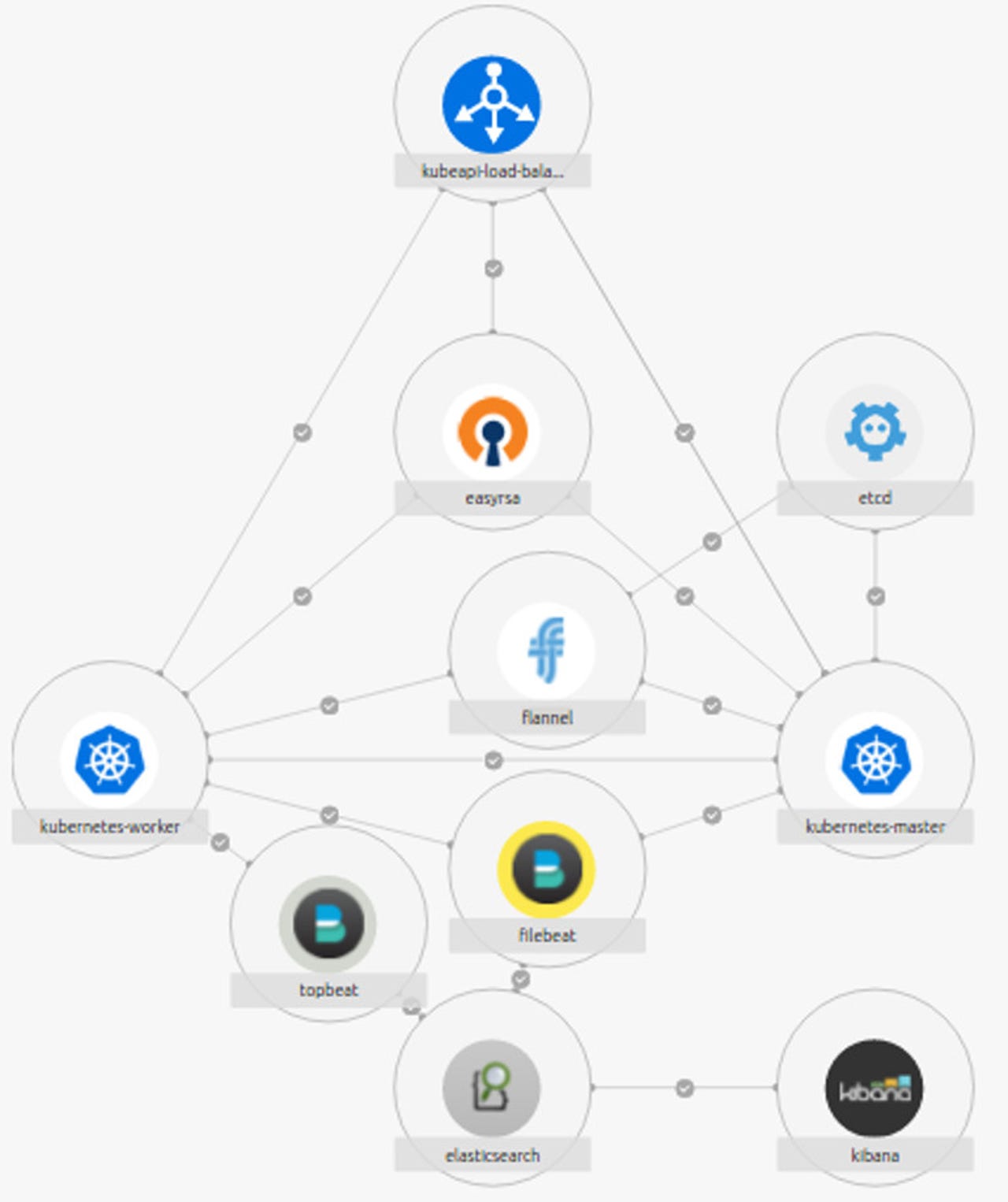Ubuntu's new take on Kubernetes

The open-source, cloud/container DevOps tool Kubernetes has just launched a major new release: Kubernetes 1.4. At the same time, Canonical, Ubuntu Linux's parent company, is embracing Kubernetes with its own Enterprise Kubernetes take.

Canonical has made it easy to deploy and run Kubernetes and containers on any cloud that supports Ubuntu. That, by the by, is pretty much all of them.
Kubernetes is a container DevOps tool that was pioneered by Google. Google used it to manage its own container technology, lmctfy (Let Me Contain That For You). You, in turn, used this every time you ran any Google program, such as Search, Gmail, Google Docs, or whatever. Google open-sourced Kubernetes, and it's now available on Linux-based clouds and Microsoft Azure.
What Canonical wants to do with Kubernetes, said Mark Shuttleworth, Ubuntu's founder, is to "provide a full cloud/container stack". To make this happen, Shuttleworth added, "Canonical has been working with Google".
You will be able to run Canonical's Kubernetes on any cloud platform that supports Ubuntu. In case you didn't know, that's pretty much all of them. Ubuntu is easily the most popular cloud Linux distribution.
Cloud
Shuttleworth added, "We're offering Google's Kubernetes across both public and private clouds. You will be able to run it it on Azure, VMware, bare metal, whatever, and we make it easy."
Canonical made this move, Shuttleworth said, because of customer demand. At the same time, the company also has plans to offer packages that integrate Ubuntu with Docker Swarm and Mesosphere.
What makes Canonical's distribution of Kubernetes different from others, Shuttleworth continued, is a that it's "pure, vanilla version" of the open-source container management platform that integrates with Ubuntu. With it, users can run Kubernetes anywhere they run Ubuntu. That means Canonical's Kubernetes can run in a customer's private cloud or any of the major public Infrastructure-as-a-Service (IaaS) cloud vendors.
Want to see how it works? Canonical has a complete Kubernetes cluster, which includes logging, monitoring, and operational functions ready for you to run using Juju, Canonical's easy-to-use DevOps deployment tool. I think you'll be impressed.
Related Stories: